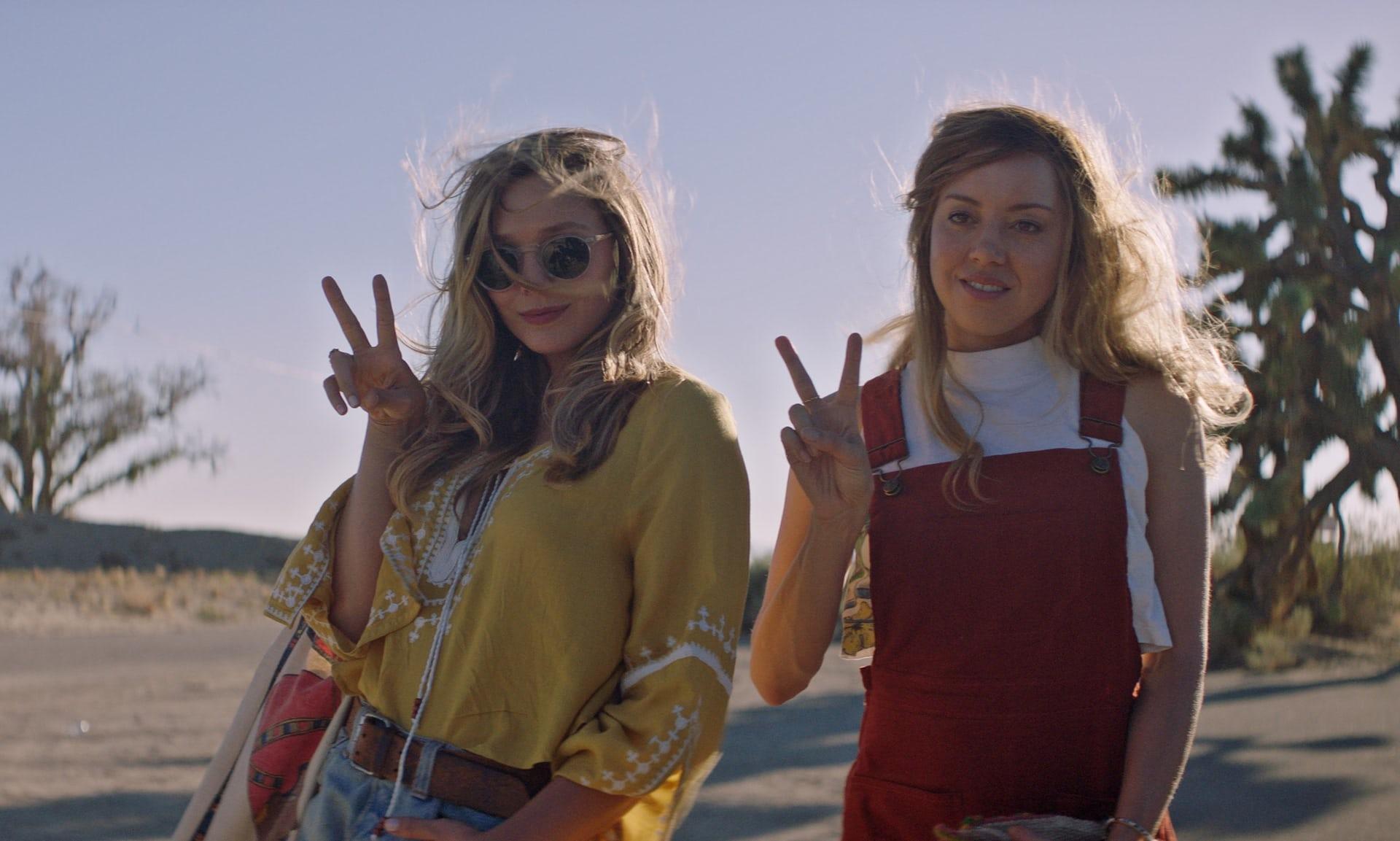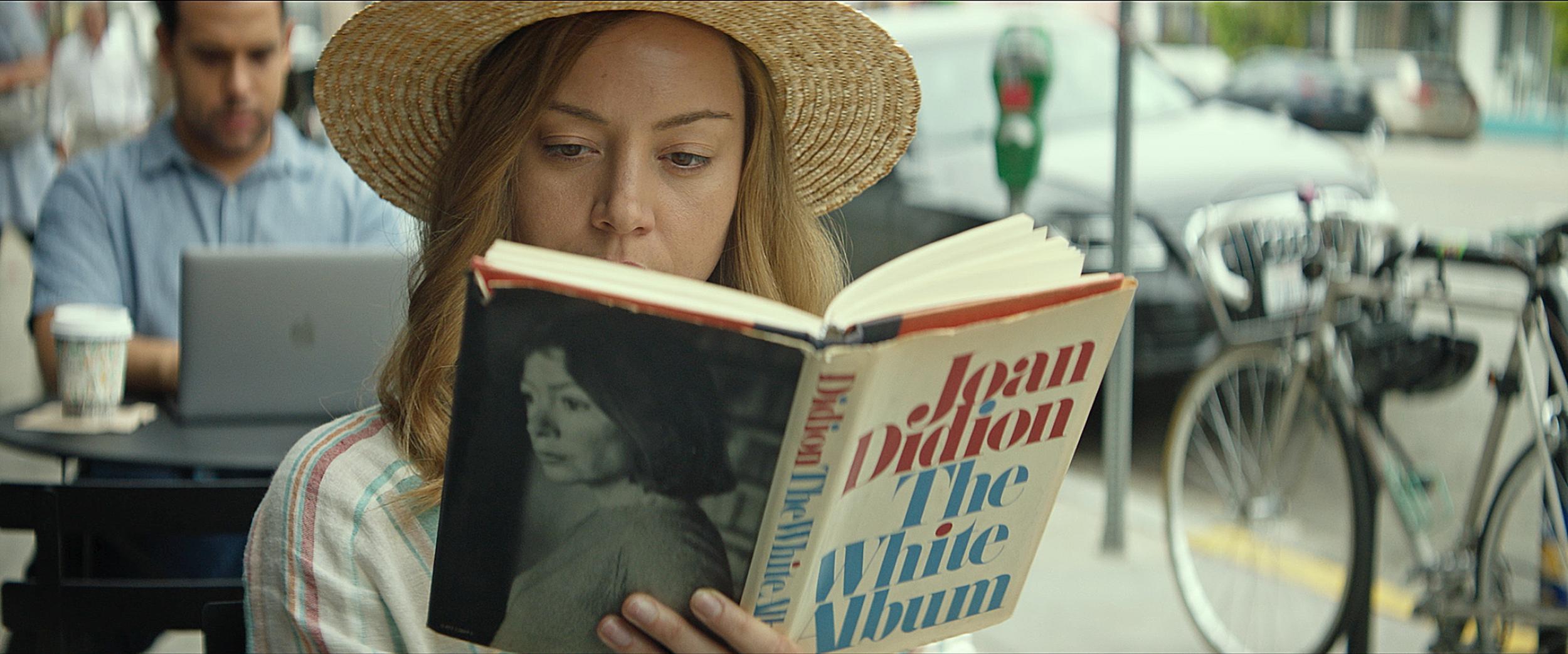How Ingrid Goes West reveals the truth about Instagram
We struggle now, more than ever, to tell truth from fiction. But the impulses remain the same

Your support helps us to tell the story
From reproductive rights to climate change to Big Tech, The Independent is on the ground when the story is developing. Whether it's investigating the financials of Elon Musk's pro-Trump PAC or producing our latest documentary, 'The A Word', which shines a light on the American women fighting for reproductive rights, we know how important it is to parse out the facts from the messaging.
At such a critical moment in US history, we need reporters on the ground. Your donation allows us to keep sending journalists to speak to both sides of the story.
The Independent is trusted by Americans across the entire political spectrum. And unlike many other quality news outlets, we choose not to lock Americans out of our reporting and analysis with paywalls. We believe quality journalism should be available to everyone, paid for by those who can afford it.
Your support makes all the difference.Instagram will be the death of all things. It’s the apocalyptic cry that always seems to emerge from serious-minded cultural commentators. The type who act as if social media is some sort of pseudo-Satanic bridge to warped minds and weak spirits; that we’ll all be too hypnotised by our own avocado toast that we don’t notice our entire civilisation crumble around us.
But for those actually entrenched within that culture, it’s hard to take all that doomsday chat too seriously. It gives off the stench, a little too strongly, of technophobia and a general distrust of the incoming generation. The same collective of minds who screamed out that electricity and automobiles would kill us all in our sleep. The scepticism of the new is, unfortunately, timeless, and even the Instagram generation will grow old only to spread panic about whatever next cultural trend may come to be.
Instagram hasn’t changed society, it’s only amplified what’s already there. Millennial or not, humanity still remains bound by the same basic fears and impulses: We’ve always been scared of being alone, and constantly in despair of our own selves. Those things, too, are timeless – it’s merely that we’ve found the perfect platform to funnel all that angst into.
Matt Spicer’s new film Ingrid Goes West is refreshing, in that sense, because it marks an examination of Instagram culture as created from within, not as an anthropologist-like spectator peering through the windows. Certainly, it’s no less critical in its examination, but it works because it understands the platform’s fundamental attraction in the first place.
Ingrid (Aubrey Plaza)’s Instagram fixation isn’t just born out of some self-serving, highly narcissistic impulse. It’s born out of loneliness. It’s a behaviour specifically triggered by the death of her mother – her best friend, her anchor.
She’s left with nothing, in her mind, and so turns to the only place where companionship is readily available: The internet. There’s something else, though. At a point in her life this rootless, Ingrid feels suddenly like she doesn’t know who she is anymore. And the internet doesn’t just promise companionship, it offers rebirth.
Instagram isn’t a tool for unbridled evil. And it’s disingenuous to say so, since its reality is far more of a double-edged sword; one that we take so much from, but one that we can also ultimately be consumed by.
It’s on the platform that Ingrid comes across Taylor Sloane (Elizabeth Olsen), an influencer. She’s a bastion of hope. Ingrid, in her snotty, tear-stained hoodie, can look down at her phone screen and see the promise that life can be good, that it can be fulfilling.
For a moment, that’s exactly the world Ingrid can create. A brief online interaction with Taylor flings her into a personal revolution. With her mother’s inheritance, she moves to California and lives the life set out by Taylor’s endless string of snaps. Dress like this. Talk like that. Do yoga. Go on road trips. Yes, it’s just superficial imitation, but Ingrid believes it can only lead, in time, to authentic results. And that, sometimes, can be better than absolute hopelessness.
As spectators, we’re aware of the delusion. But in the moment, it’s harder to resist what seems like such an easy path. The trick with Instagram culture isn’t that it’s entirely built on some covetable, material-based lifestyle. It’s the illusion that something far deeper is being offered: Authenticity. A café waiter asks Ingrid, “What’s your biggest emotional wound?”
Truth is the latest trend, it seems, and internet culture pivots increasingly toward it: In the age of sensory bombardment, we’re becoming wiser to the superficial, and to the straight sell. It is, to a degree, why brands are so attracted to Instagram and its influencers, who can be paid to promote their products because they can do so under the illusion of authenticity, that they’re just like your best friend recommending their latest obsession.
Taylor, for one, has built an entire career out of posting sponsored content, all wrapped up in the image of the carefree bohemian. “I love making friends with people all over the world,” her account chirps.

Her obsessions are based just as heavily on her love of Joan Didion’s White Album and Norman Mailer’s The Deer Park. If you read these books, if you understand them on a fundamental level, you can be just as fulfilled as Taylor. In this world, a book is the equivalent of an intellectual juice cleanse.
Her image is entirely constructed, certainly. Taylor carefully poses, curates like an artist. It’s no wonder that social media’s blurring between art and life has seen the likes of Cindy Sherman, iconic for her conceptual portraits, flock to Instagram with such unbridled glee.
But there’s pleasure in the constructed image. By playacting the Instagram influence, jumping ship to California and bleaching her hair, Ingrid can momentarily forget the pain of what she left behind. The real struggle is recognising the limits of that image. That Taylor’s perception that she’s everyone’s best friend and truest companion is ultimately an illusion even Taylor herself doesn’t fully recognise.
That someone’s willingness to appear open can offer superficial support, a sense of belonging, but it can’t satiate every appetite. The film starts, in fact, with Ingrid crashing the wedding of her previous Instagram obsession, pepper spraying the bride and screaming in her face that she wasn’t invited. They’d never met before. Social media can both satisfy the want to feel connected and loved, but it can overwhelm and manipulate it too.
Which is nothing new, in a sense. We’ve always fallen for artifices, from the glossy suburbia that television and magazines sold in the 1950s and 1960s with such passion, to the idealised portraits aristocrats would construct for themselves, blemish free and powerful. Remember the old story of Henry VIII’s fury at discovering his new wife Anne of Cleves was not a perfect reflection of her painted self?
If anything, Instagram’s danger is that the artifice has merely become more convincing – through filters, Photoshop, the 24/7 nature which makes people seem constantly available to one another. We struggle now, more than ever, to tell truth from fiction. But the impulses remain the same.
Ingrid Goes West is out now.